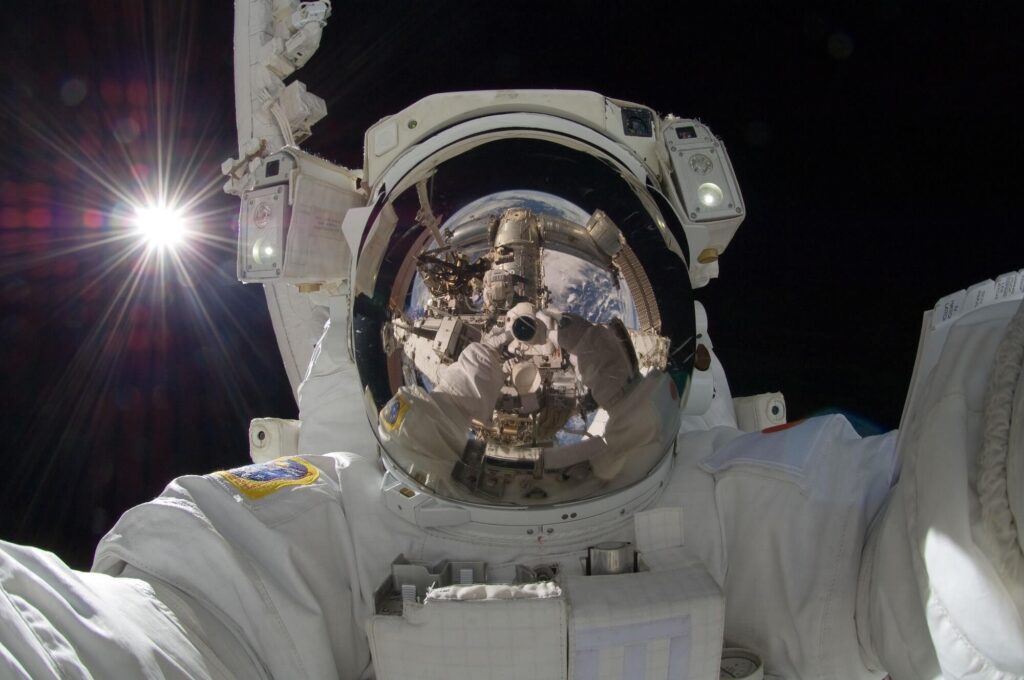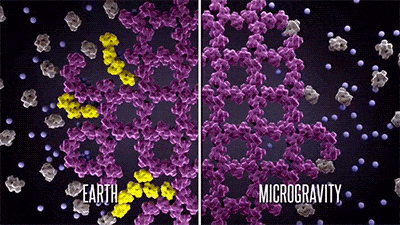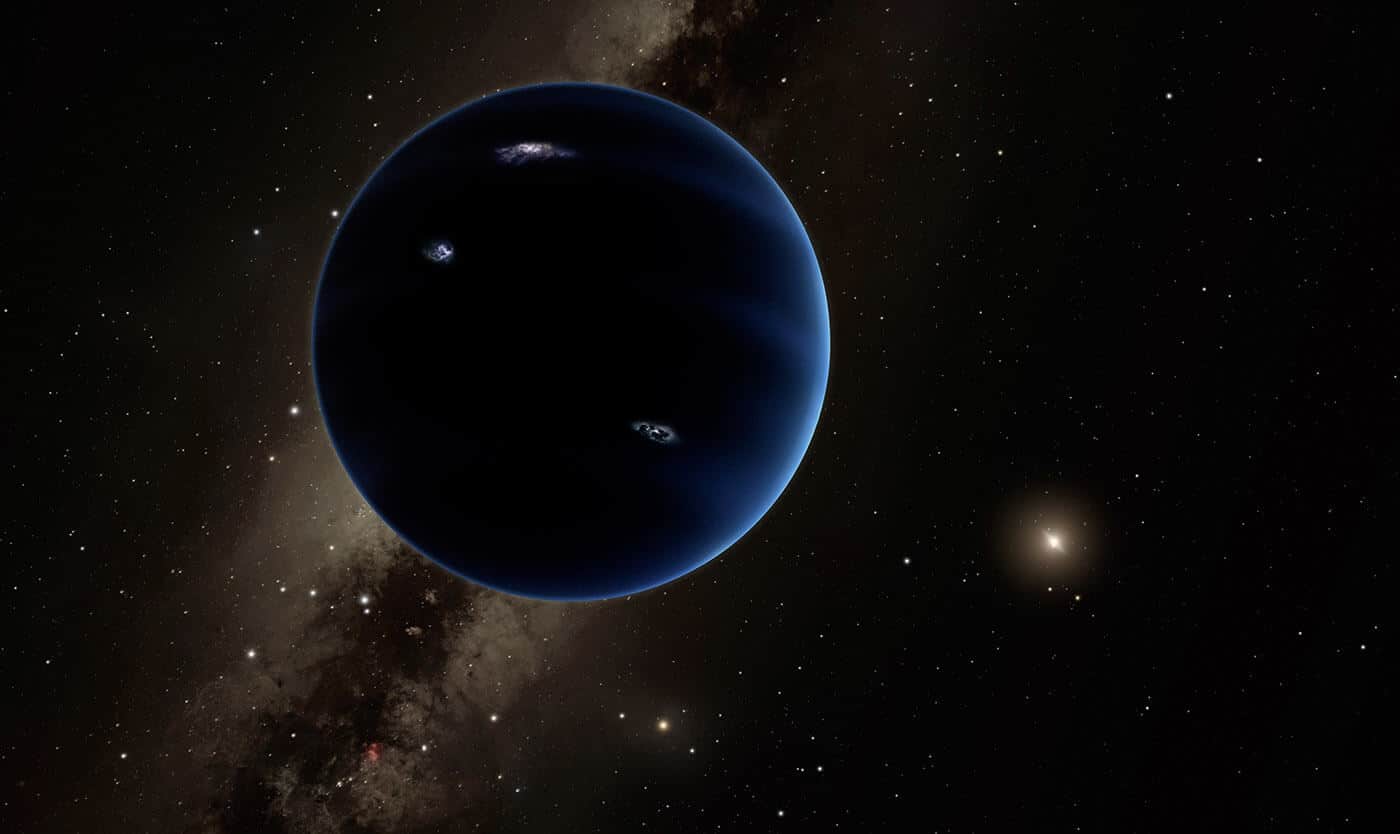
Space tourism sounds like the plot of a futuristic sci-fi film, but you might be able to see in your lifetime. You’ve seen the headlines about traveling to Mars and establishing colonies. Hopeful experts imagine mankind reaching commercial space travel within the next decade. As incredulous and impossible as all of this might seem, we’ll see the effects of space travel before we even reach other planets. Here on Earth, savvy scientists and businesses will create change for the rest of us. Space commercialization is an opportunity, even if you’re not an astronaut.
Data for everyone?
As it stands, space exploration requires a lot of capital, so most of us will just watch developments as they happen, but the investments and discoveries along the way may serve us better than space tourism itself. Entrepreneurs and businesses will likely take advantage of new opportunities to make money while teams of experts create and collaborate. There’s so much data going into the project, it’ll give us even more data than we can expect. You don’t even have to be a scientist to be a part of it. Japanese billionaire Yusaku Maezawa is working with Elon Musk and SpaceX on the project #dearMoon. A team of different artists, from painters to architects, will occupy a space shuttle the course of a week for a unique close up view of the moon. After the trip, these artists will create works inspired by the moon. Maezawa’s endeavor is a technological feat at first, and then becomes a cultural monument combining fields as unassociated as science and art.
The data can be applied in so many fields that it should be constantly analyzed outside of the scientific community. Benefits of space exploration have been with us for some time now. Scientists have studied the effects of zero gravity on things like osteoporosis, the crystal structure of proteins, and even vaccines. Outer space is a zero gravity space lab that offers us endless possibilities. Even technology used on spaceships can be used on Earth, like compact medical equipment that enables patients in remote locations to receive care.
 Exploring the limitless expanse of space (and all the data to come from it) will simultaneously expand our capabilities on Earth. From education to water quality, space travel affects and changes our lives.
Exploring the limitless expanse of space (and all the data to come from it) will simultaneously expand our capabilities on Earth. From education to water quality, space travel affects and changes our lives.
Future data sets
Some predict that we’ll have the first humans on Mars in the next few decades and more people within the next century. It’s a reasonable prediction based on the data we have now (and some very hopeful guesses). We need to realize that whoever goes out to space will be the first of many in trials. Studies in space will observe environments with no oxygen, muscle atrophy and other health concerns, agricultural and nutritional tests, the effects of radiation, architectural integrity of compounds, and more. Data is the core and the goal in almost all aspects of space travel, starting with Earth data. Architects, energy technicians, virologists, psychologists, and other major experts must achieve seamless collaboration to avoid major disaster. This is where data must be translated and communicated across all fields because it determines the fate of all space travelers.

Image Credit: Caltech/R. Hurt (IPAC)
In coming decades, we’ll have an influx of new data and discoveries. How will it change your life?
